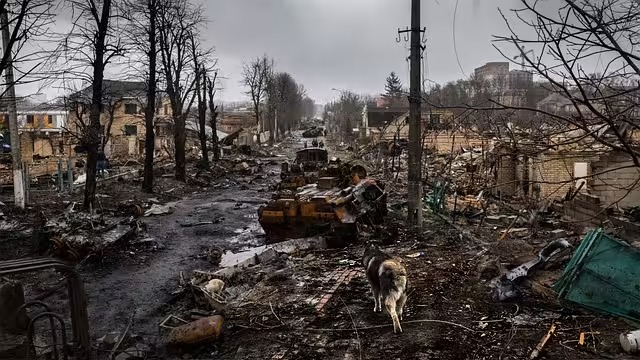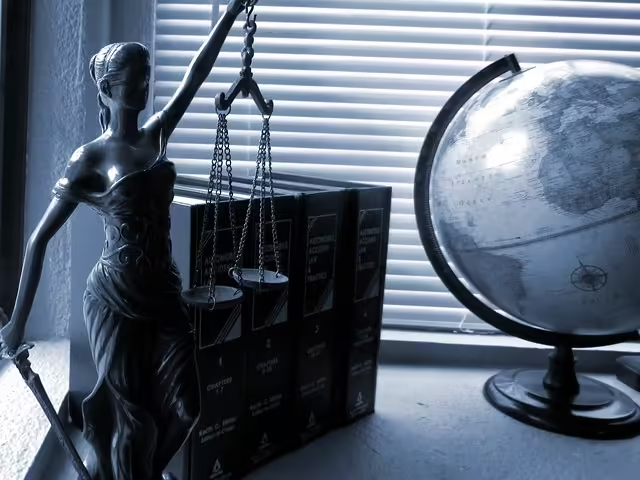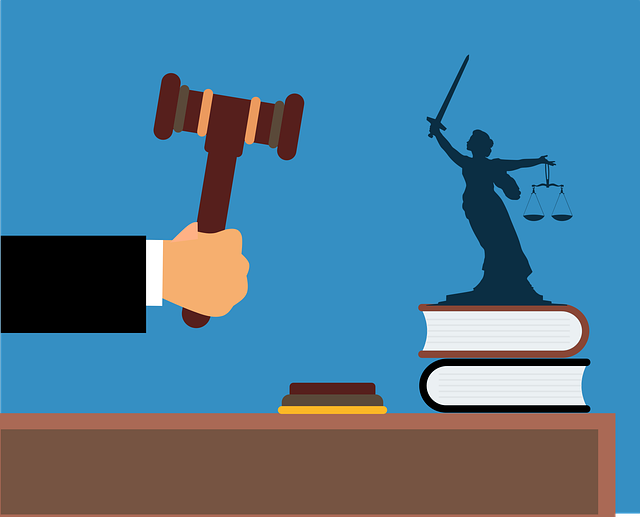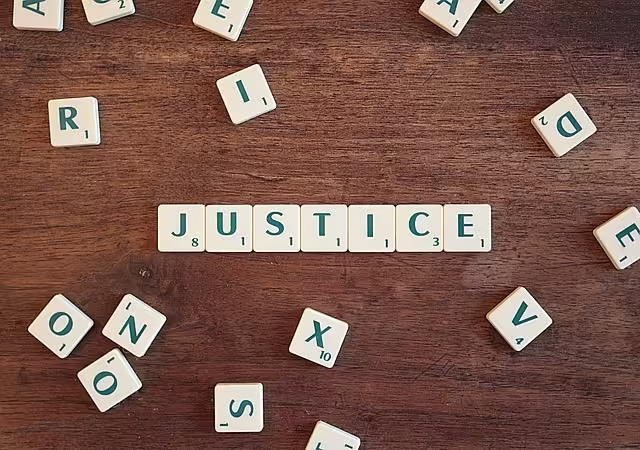“The arc of the moral universe is long, but it bends towards justice.” – Martin Luther King Jr.
Introduction
History and Significance:
International Justice Day, observed annually on July 17th, commemorates the adoption of the Rome Statute in 1998, which established the International Criminal Court (ICC). This day serves as a global reminder of the importance of justice in maintaining peace and security worldwide.
The blog will explore the dual focus of International Justice Day on confronting ongoing injustices and celebrating the achievements in the field of international justice. Justice Day seeks to raise awareness about the importance of global justice and inspire readers to take action.
Confronting Wrongs
Major Global Injustices
Today, global injustices such as genocide, war crimes, human trafficking, and political oppression continue to affect communities worldwide. These issues highlight the ongoing struggle to protect vulnerable populations and uphold fundamental human rights.
Impact of Injustice on Victims
Victims of these injustices endure profound psychological, social, and economic hardships. From displacement to trauma, the consequences are devastating and long-lasting, underscoring the urgent need for justice and accountability.
Efforts to Address Injustices
Efforts to confront global injustices include international treaties like the Geneva Conventions and establishing ad-hoc tribunals and courts. NGOs and humanitarian organizations are crucial in documenting abuses, supporting victims, and advocating for justice.
Barriers to Justice
Challenges such as political resistance, cultural differences, and limited resources often hinder the pursuit of justice. Overcoming these barriers requires international cooperation, strengthened legal frameworks, and increased public awareness.
Case Study – Understanding the Syrian Civil War: Injustices and Human Rights Violations

Background and Context
The Syrian Civil War erupted in 2011 following government crackdowns on peaceful protests against President Bashar al-Assad’s regime, evolving into a devastating conflict exacerbated by regional and international influences.
Case Studies of Injustice
Systematic Persecution and Violence
The Assad regime’s response to dissent included violent repression, arbitrary arrests, torture, and extrajudicial killings aimed at silencing opposition voices and instilling fear among civilians.
Chemical Weapons Attacks
Multiple instances of chemical weapons attacks, such as the 2013 Ghouta and 2017 Khan Shaykhun attacks, violated international norms, causing widespread civilian casualties and prompting global condemnation.
Humanitarian Crisis and Displacement
Mass Displacement
The Syrian Civil War has displaced millions internally and externally, with over 6 million Syrians displaced internally and more than 5.6 million seeking refuge in neighboring countries, creating one of the world’s largest refugee crises.
Siege Warfare and Humanitarian Access
Besieged cities faced severe humanitarian crises, with civilians enduring dire conditions and limited access to essential supplies like food, medicine, and clean water.
International Response and Legal Challenges
Diplomatic Efforts and Geopolitical Challenges
Geopolitical rivalries and conflicting global interests have complicated international diplomatic efforts to resolve the conflict and provide humanitarian aid.
Legal Accountability and Justice
Efforts to hold perpetrators accountable for war crimes and human rights abuses have been hindered by political complexities and the Syrian government’s lack of cooperation with international legal mechanisms like the International Criminal Court (ICC).
Impact and Consequences
Humanitarian Impact
Healthcare and Education
Syria’s infrastructure, including healthcare and educational facilities, has been devastated, leaving civilians, especially children, without access to vital services and opportunities for education and development.
Psychological Trauma
Millions of Syrians, particularly children, suffer from severe psychological trauma due to exposure to violence, displacement, and loss, highlighting the critical need for mental health support in humanitarian aid efforts.
Socio-economic Devastation
Economic Collapse
The war has led to economic collapse and widespread poverty, exacerbating social inequalities and leaving Syrians struggling to rebuild their lives amidst economic hardship.
Cultural Heritage and Identity
Syria’s rich cultural heritage, including historical sites and artifacts, has been damaged or destroyed during the conflict, resulting in the loss of cultural identity and heritage for Syrians.
Final Thoughts
The Syrian Civil War illustrates the profound impact of prolonged conflict on human rights, displacement, and humanitarian crises. Addressing the crisis requires global solidarity, sustained humanitarian aid, and efforts to promote justice and accountability for atrocities committed.
Highlighting Rights
Landmark Cases of Justice
Landmark cases, such as the prosecution of war criminals and leaders for crimes against humanity, highlight significant strides in international justice. These cases demonstrate the impact of accountability and legal proceedings in promoting peace and reconciliation.
Positive Outcomes of Justice
Achieving justice has led to positive societal changes, including reconciliation, healing, and restoration of communities affected by conflict and violence. Initiatives like the Gacaca courts in Rwanda exemplify local efforts to promote justice and rebuild societies.
Innovations in Justice Systems
Technological advancements, such as digital evidence and forensic technologies, have revolutionized the investigation and prosecution of international crimes. These innovations enhance transparency, efficiency, and the credibility of justice processes.
Role Models and Pioneers
Leaders and advocates in international justice, like former ICC Chief Prosecutor Fatou Bensouda, inspire global efforts to uphold human rights and accountability. Their dedication and leadership shape the future of international justice.
The Importance of International Justice Day
Raising Global Awareness
International Justice Day plays an important role in raising global awareness about the importance of justice, accountability, and human rights. By commemorating significant milestones and ongoing challenges, this day encourages dialogue and action on critical justice-related issues.
Promoting Accountability and Rule of Law
Celebrating International Justice Day underscores the importance of holding perpetrators accountable for their actions. It promotes the rule of law both domestically and internationally, emphasizing that no one is above the law and ensuring justice for victims.
Empowering Communities
International Justice Day empowers communities affected by atrocities by acknowledging their struggles and advocating for their rights. It fosters solidarity and support for victims while promoting reconciliation and healing in post-conflict societies.
The International Criminal Court (ICC)

Structure and Functioning of the ICC
As the world’s first permanent international court, the ICC operates independently to prosecute individuals responsible for genocide, war crimes, and crimes against humanity. Its mandate promotes accountability and justice on a global scale.
Successes and Criticisms
While the ICC has achieved significant milestones, including convictions and landmark rulings, criticisms persist regarding its effectiveness and impartiality. Addressing these concerns and enhancing cooperation among member states is crucial for its continued success.
Future Directions for the ICC
Future priorities for the ICC include strengthening partnerships with national legal systems, improving victim support services, and addressing emerging challenges such as cybercrime and environmental crimes. These strategic goals aim to enhance the court’s impact and relevance in the 21st century.
Educational and Advocacy Efforts

Importance of Education in Justice
Educational initiatives play a vital role in raising awareness about international justice issues and promoting a culture of accountability. Outreach programs by the ICC and NGOs educate communities about their rights and legal protections.
Global Advocacy Campaigns
Successful advocacy campaigns mobilize public support and promote accountability for international crimes. Engaging in advocacy efforts, such as supporting petitions and awareness campaigns, empowers individuals to contribute to global justice movements.
Engaging Youth in Justice Movements
Empowering youth through education and participation in mock trials and Model ICC programs fosters future leaders in international justice. Youth engagement strengthens advocacy efforts and promotes a generation committed to human rights and accountability.
Ways to Support International Justice Day

Getting Involved
Individuals and organizations can contribute by supporting NGOs that work on international justice issues, participating in advocacy campaigns, and staying informed about global justice developments.
Individuals can support International Justice Day through volunteering, donations to humanitarian organizations, and advocating for policy reforms. These contributions help sustain efforts to protect human rights and promote global accountability.
Advocating for Policy Changes
Advocacy for policy reforms at local, national, and international levels enhances legal frameworks and strengthens justice systems. By influencing legislative and policy decisions, individuals contribute to global efforts to combat impunity and uphold human dignity.
Community Involvement
Community involvement through local events, discussions, and awareness campaigns builds solidarity and collective action for justice. Creating spaces for dialogue and collaboration empowers communities to address local and global justice issues effectively.
Raising Awareness
Utilizing social media platforms to spread information and mobilize support for International Justice Day initiatives. Organizing or participating in educational campaigns that highlight the importance of Justice Day and human rights.
Reflecting on the Journey
International Justice Day symbolizes the ongoing journey toward global justice, reflecting on past achievements and acknowledging the challenges ahead. Confronting injustices and celebrating progress is integral to advancing human rights and building a more just world. Together, we can confront injustices of the past and present while championing the rights that illuminate the path to a better future of justice on this justice day.
Final Thoughts
The legacy of International Justice Day inspires hope and resilience in the face of adversity. By working together, we can ensure that justice prevails and that all individuals have the opportunity to live in dignity and freedom on this “International Justice Day”.
Additional Resources and References
Books and Publications
- “Justice in a Time of War” by Pierre Hazan
Documentaries and Films
- “E-team”
- “Watchers of the Sky”




Hey, I enjoyed reading your posts! You have great ideas. Are you looking to get resources about SEO or some new insights? If so, check out my website Article World